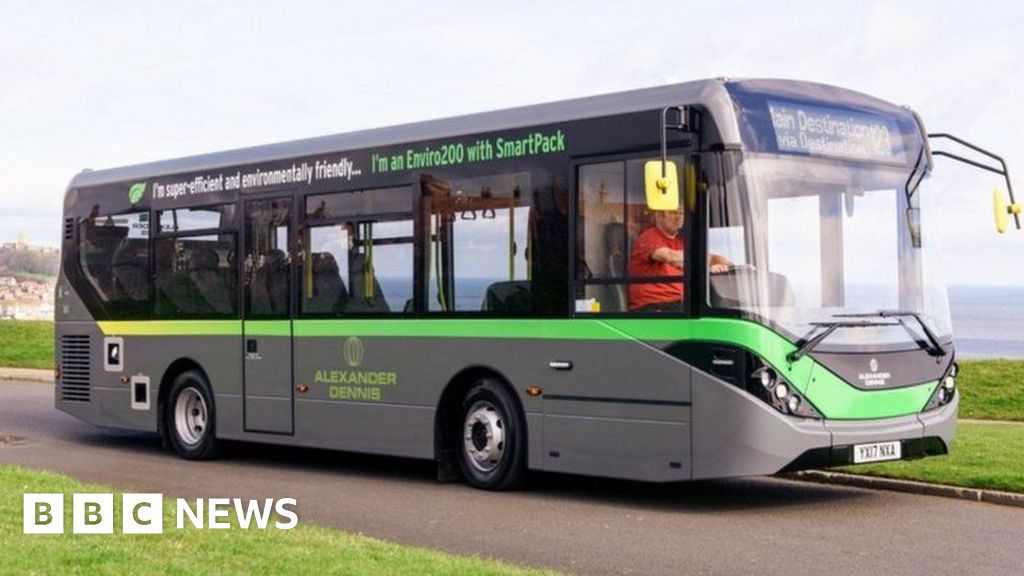Auto Amazon Links: No products found. Blocked by captcha.
The planned closure of the Falkirk bus factory has put up to 400 jobs at risk, as the manufacturer, Alexander Dennis, considers moving its operations to England. The company, which also has a factory in Larbert, is contemplating transferring manufacturing to a site in Scarborough. This move would result in the discontinuation of work at the Falkirk facility and the eventual closure of the Larbert site after fulfilling its current contracts. Alexander Dennis cited fierce competition from Chinese electric bus manufacturers, whose market share has surged from 10% to 35%, as a driving factor behind their decision.
The restructuring plan proposed by Alexander Dennis aims to enhance efficiency and reduce costs. The company’s president and managing director, Paul Davies, explained that significant measures need to be taken to bolster competitiveness. Regrettably, this includes the possibility of job redundancies and the cessation of manufacturing activities at certain facilities. Alexander Dennis, which produces single and double decker buses, emphasized the necessity of adapting to stimulate customer investment in UK-based manufacturing.
The company, now owned by Canadian parent company NFI Group, expressed pride in its UK heritage dating back to 1895. Highlighting the need for change to incentivize local manufacturing, Davies lamented the current UK policy’s lack of support for job creation, domestic economic benefits, and local content sourcing. Approximately 400 roles at Alexander Dennis are at risk of redundancy, constituting about 22% of the workforce. The government has engaged extensively with the company to explore possibilities that could prevent job losses and sustain manufacturing operations in Falkirk and Larbert.
In response to the situation, Scottish Labour criticized the government’s handling of the Scottish Zero Emission Bus Challenge Fund, citing the disparity in orders awarded to Alexander Dennis compared to international competitors. This discrepancy was exemplified by a significant order for 254 electric buses from the Bee Network in Greater Manchester, overshadowing the orders from the Scottish government program. Political figures called for support measures, including potential furlough schemes and strategic interventions, to alleviate the impact of the factory closures on the local community. Observers highlighted the urgent need for action to address the influx of low-cost Chinese imports dominating the bus market
Read the full article from The BBC here: Read More
Auto Amazon Links: No products found. Blocked by captcha.











